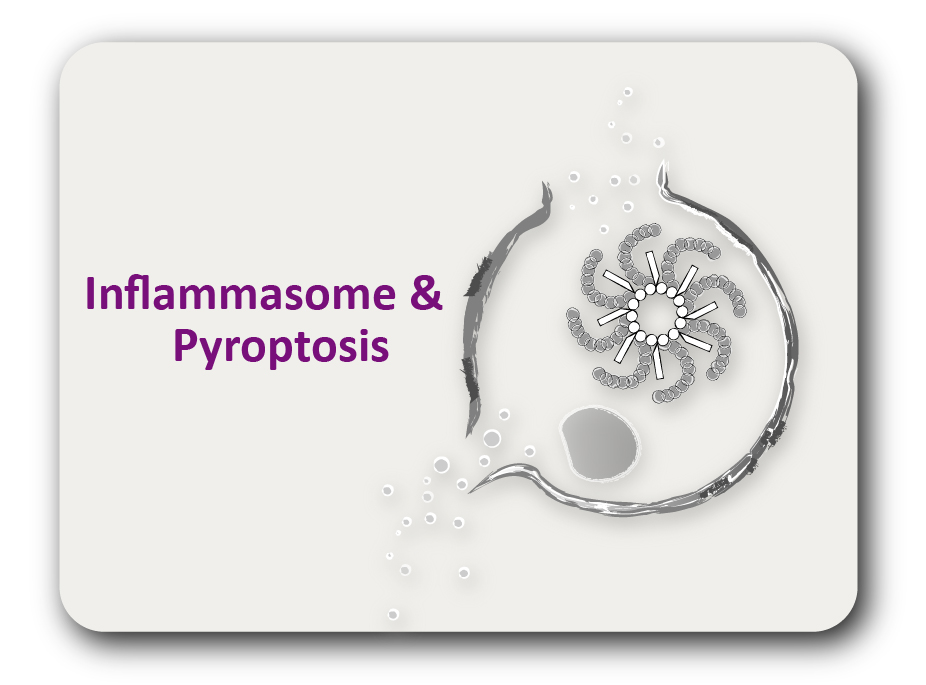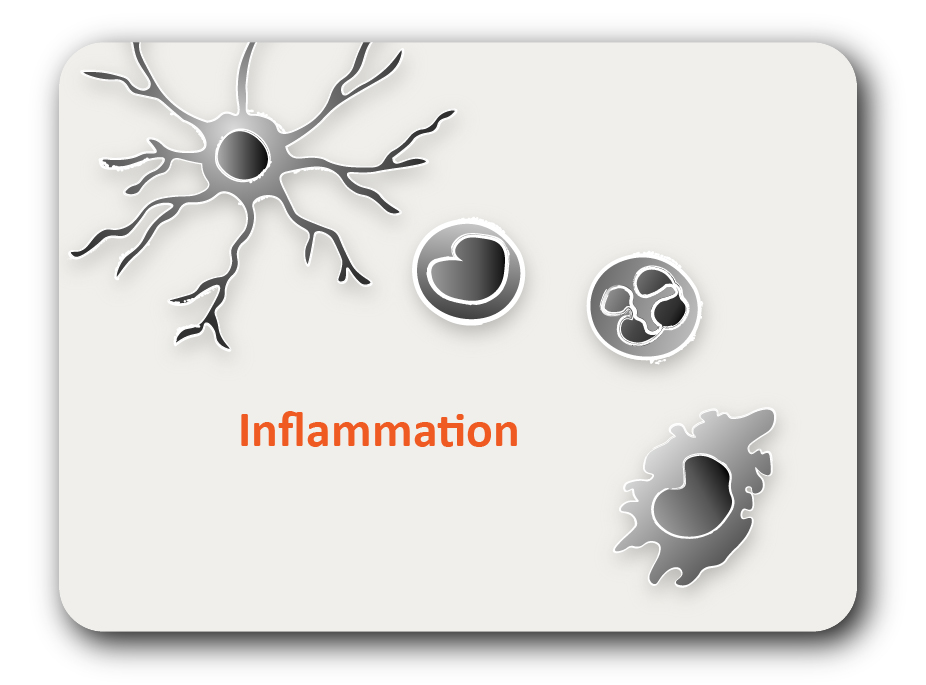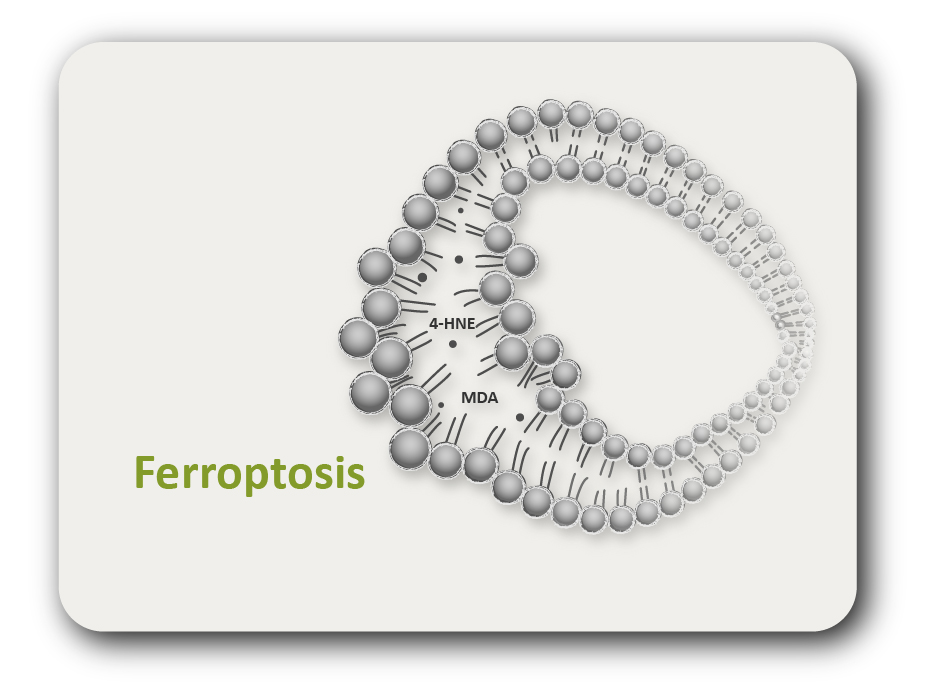ARG41370
anti-Histone H2B monomethyl (Arg79) antibody
anti-Histone H2B monomethyl (Arg79) antibody for Western blot and Human,Mouse
概述
| 产品描述 | Rabbit Polyclonal antibody recognizes Histone H2B monomethyl (Arg79) |
|---|---|
| 反应物种 | Hu, Ms |
| 应用 | WB |
| 宿主 | Rabbit |
| 克隆 | Polyclonal |
| 同位型 | IgG |
| 靶点名称 | Histone H2B |
| 抗原物种 | Human |
| 抗原 | Synthetic peptide around monomethyl Arg79 of Human Histone H2B. |
| 偶联标记 | Un-conjugated |
| 別名 | H2BQ; H2BFQ; Histone H2B type 2-E; Histone H2B-GL105; H2B/q; GL105; Histone H2B.q; H2BGL105; H2B.1; H2B |
应用说明
| 应用建议 |
|
||||
|---|---|---|---|---|---|
| 应用说明 | * The dilutions indicate recommended starting dilutions and the optimal dilutions or concentrations should be determined by the scientist. | ||||
| 实际分子量 | ~ 14 kDa |
属性
| 形式 | Liquid |
|---|---|
| 纯化 | Affinity purified. |
| 缓冲液 | PBS (pH 7.4), 150 mM NaCl, 0.02% Sodium azide and 50% Glycerol. |
| 抗菌剂 | 0.02% Sodium azide |
| 稳定剂 | 50% Glycerol |
| 存放说明 | For continuous use, store undiluted antibody at 2-8°C for up to a week. For long-term storage, aliquot and store at -20°C. Storage in frost free freezers is not recommended. Avoid repeated freeze/thaw cycles. Suggest spin the vial prior to opening. The antibody solution should be gently mixed before use. |
| 注意事项 | For laboratory research only, not for drug, diagnostic or other use. |
生物信息
| 数据库连接 |
GeneID: 319190 Mouse HIST2H2BE |
|---|---|
| 基因名称 | HIST2H2BE |
| 全名 | histone cluster 2, H2be |
| 背景介绍 | Histones are basic nuclear proteins that are responsible for the nucleosome structure of the chromosomal fiber in eukaryotes. Two molecules of each of the four core histones (H2A, H2B, H3, and H4) form an octamer, around which approximately 146 bp of DNA is wrapped in repeating units, called nucleosomes. The linker histone, H1, interacts with linker DNA between nucleosomes and functions in the compaction of chromatin into higher order structures. This gene encodes a replication-dependent histone that is a member of the histone H2B family, and generates two transcripts through the use of the conserved stem-loop termination motif, and the polyA addition motif. The protein has antibacterial and antifungal antimicrobial activity. [provided by RefSeq, Aug 2015] |
| 生物功能 | Core component of nucleosome. Nucleosomes wrap and compact DNA into chromatin, limiting DNA accessibility to the cellular machineries which require DNA as a template. Histones thereby play a central role in transcription regulation, DNA repair, DNA replication and chromosomal stability. DNA accessibility is regulated via a complex set of post-translational modifications of histones, also called histone code, and nucleosome remodeling. Has broad antibacterial activity. May contribute to the formation of the functional antimicrobial barrier of the colonic epithelium, and to the bactericidal activity of amniotic fluid. [UniProt] |
| 细胞定位 | Nucleus. Chromosome. [UniProt] |
| 预测分子量 | 14 kDa |
| 翻译后修饰 | Monoubiquitination at Lys-35 (H2BK34Ub) by the MSL1/MSL2 dimer is required for histone H3 'Lys-4' (H3K4me) and 'Lys-79' (H3K79me) methylation and transcription activation at specific gene loci, such as HOXA9 and MEIS1 loci. Similarly, monoubiquitination at Lys-121 (H2BK120Ub) by the RNF20/40 complex gives a specific tag for epigenetic transcriptional activation and is also prerequisite for histone H3 'Lys-4' and 'Lys-79' methylation. It also functions cooperatively with the FACT dimer to stimulate elongation by RNA polymerase II. H2BK120Ub also acts as a regulator of mRNA splicing: deubiquitination by USP49 is required for efficient cotranscriptional splicing of a large set of exons. Phosphorylation at Ser-37 (H2BS36ph) by AMPK in response to stress promotes transcription (By similarity). Phosphorylated on Ser-15 (H2BS14ph) by STK4/MST1 during apoptosis; which facilitates apoptotic chromatin condensation. Also phosphorylated on Ser-15 in response to DNA double strand breaks (DSBs), and in correlation with somatic hypermutation and immunoglobulin class-switch recombination. GlcNAcylation at Ser-113 promotes monoubiquitination of Lys-121. It fluctuates in response to extracellular glucose, and associates with transcribed genes (By similarity). Crotonylation (Kcr) is specifically present in male germ cells and marks testis-specific genes in post-meiotic cells, including X-linked genes that escape sex chromosome inactivation in haploid cells. Crotonylation marks active promoters and enhancers and confers resistance to transcriptional repressors. It is also associated with post-meiotically activated genes on autosomes. [UniProt] |
检测图片 (1) Click the Picture to Zoom In






